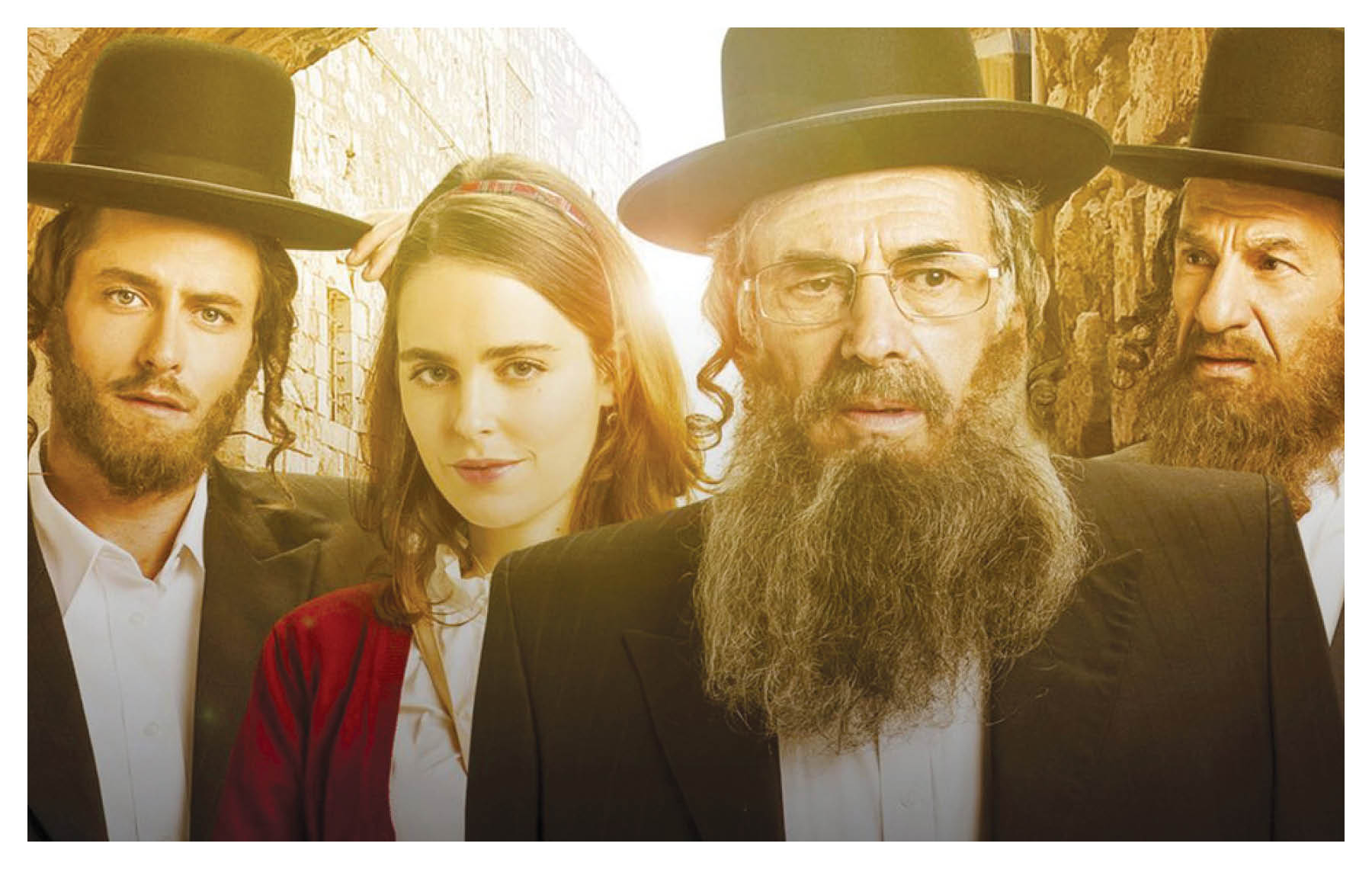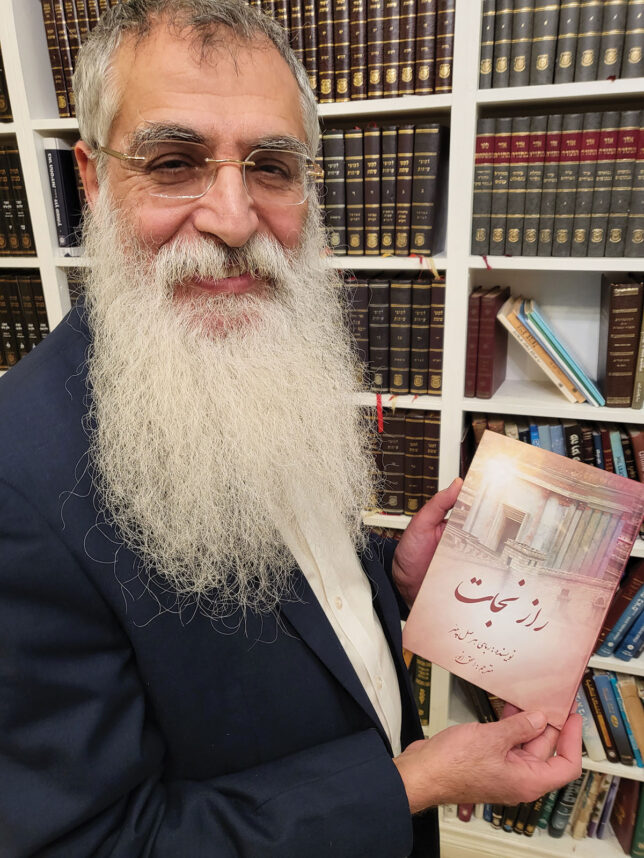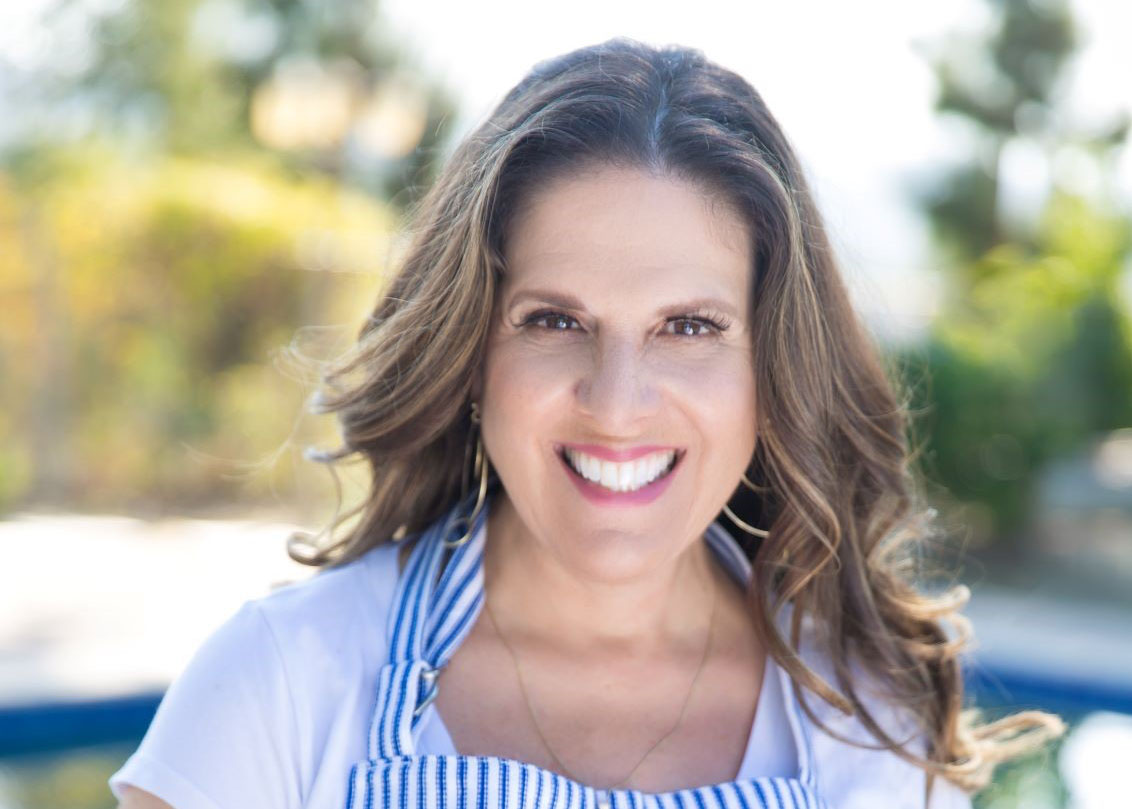
The Netflix show “Shtisel” is addictive to many viewers, as the phenomenally popular Israeli drama about a Charedi family living in the Geulah neighborhood of Jerusalem immediately draws you into the characters’ lives. They include the 60-something Reb Shulem Shtisel, the widowed classroom rabbi; his daughter, Giti, whose nefarious husband has run off to Argentina, abandoning her and their five children; and Shulem’s youngest child, handsome 27-year-old Rabbi Akiva, or “Kive,” hiding the sketchbook filled with his outstanding illustrations, knowing that pursuing a career as an artist would be scandalous.
Developed by Abot Hameiri Productions for the Israeli satellite service yes, the show originally was broadcast in Israel in 2013. Over its two seasons, it racked up more than a dozen Israeli TV awards.
The success of the show that trains its camera on a little-known world is due, in part, to the show’s creators having lived this life. Yehonatan Indursky grew up in a Charedi family and attended the Ponevezh Yeshiva in Bnei Brak, while Ori Elon attended a yeshiva in Efrat.
When Netflix bought the rights to stream “Shtisel” in December 2018, a huge new fan base cropped up via a Facebook group called “Shtisel — Let’s Talk About It.” The page is moderated by Detroit-based friends Nancy Kaplan and Mimi Markofsky. It currently has close to 6,000 members worldwide and is growing rapidly. Markofsky is Orthodox and Kaplan is Conservative. However, Kaplan’s Orthodox daughter and her family live on an Israeli moshav.
The majority of the Facebook page’s members are women, although men occasionally offer commentary — in talmudic depth — questioning why characters made certain decisions or analyzing the deeper meaning behind a certain dream sequence.
Watching “Shtisel” feels like we are watching members of our own family.
Many members, including some non-Jews, are fascinated by the lifestyle they see and are looking for answers: Why do the women sleep in snoods? Why do the men smoke so much? Why do they touch that little box on the doorpost when they enter the apartment?
One man in the group, Doron Junger, originally from Frankfurt but now living in Miami Beach, explained why he is so moved by the show. He called it “simultaneously full of heart and devoid of sentimentalism. The characters are complex, and the world they live in absorbing. [Charedim] are portrayed here as many-layered, no better or worse than the rest of us at navigating moral dilemmas and life’s universal big challenges (including marriage and dating, sibling relationships, the passing of loved ones, and economic hardship), but passionately devoted to the rules, rituals and routines of their chosen way of life. The stories have beautifully long arcs, which richly reward the patient and attentive viewer, some associations being so subtle they come into focus only on a second or even third viewing.”
While I’m not Charedi and could not imagine living in such a sequestered environment, Junger’s comments ring true. Watching “Shtisel” feels like we are watching members of our own family. We are one people at our core and share an unbreakable bond with one another and with God. The Charedim also are subject to much more bad press than good, and this show humanizes them. Their struggles are in many ways universal.
Amazon has made a deal with Marta Kauffman, a creator of “Friends,” and her daughter, Hannah K.S. Canter, to develop a Brooklyn-based version of “Shtisel,” but the Israeli show will be a tough act to follow.
Still, there is cautious excitement percolating among “Shtisel” addicts, following a rumor that a third season is being written. I hope it’s true. If it is, I can only echo what Reb Shulem often would say, “Hasdei HaShem (praise God).”
Judy Gruen’s most recent book is “The Skeptic and the Rabbi: Falling in Love with Faith.”
























 More news and opinions than at a Shabbat dinner, right in your inbox.
More news and opinions than at a Shabbat dinner, right in your inbox.